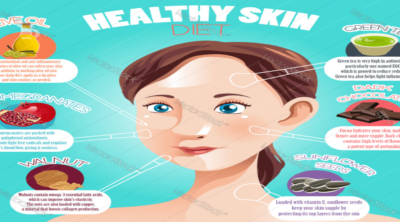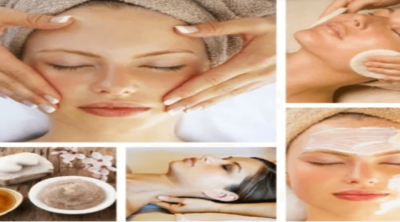
The efficacy of the various acne products can vary from one person to another, depending on their skin type and the types of acne. In this article, a few of the most effective over-the-counter and prescription medications, along with a few natural cures are discussed.
Acne is the skin condition, that is generally associated with overactive sebaceous glands. The excess secretion of sebum or oil by the sebaceous glands clogs the skin pores. Such clogged skin pores can harbor bacteria, along with dead skin cells and dirt, which can cause an infection. This can eventually cause an inflammation and redness, or the development of acne lesions.
An acne outbreak can be triggered by several factors, including hormonal imbalance, exposure to certain allergens, a high level of stress, and a wrong diet. Though numerous medications and cosmetics are available to treat this skin condition, most of them fail to address its underlying causes. So, here are some effective medications and home remedies that can help control this skin condition.
Over-the-Counter Acne Products
The most commonly used over-the-counter acne products are, benzoyl peroxide, salicylic acid, and sulfur and resorcinol. Benzoyl peroxide is available as creams and gels, and it works well for moderate to severe acne. It can destroy the acne-causing bacteria, and remove the dead skin cells to unclog the skin pores.
People who have oily skin can benefit from it, though it is not suitable for those with dry and sensitive skin. Benzoyl peroxide can cause certain side effects, like skin dryness, redness, minor swelling, and increased sensitivity to sunlight.
Individuals with sensitive skin can try salicylic acid, which can speed up the process of exfoliation to prevent the clogging of skin pores. It is however, effective for mild acne. Some minor side effects like skin dryness and peeling, and increased sensitivity to sunlight can be experienced while using salicylic acid.
Sulfur and resorcinol-based acne products can help remove excess sebum and dead cells from the skin, and thus unclog the skin pores. However, skin dryness, peeling, and redness are some common side effects associated with these products. Retinoid gels and creams are some other options for treating acne, but these products can cause some peeling initially.
Prescription Medications
If the over-the-counter acne products fail to control an outbreak, one can opt for the prescription medications. These medications should be taken only under the supervision of a physician. The most common medications used for this purpose are oral and topical antibiotics.
Another effective medication is accutane or isotretinoin. It is a very strong medication that is prescribed only for severe acne, especially when other treatment options fail to control an outbreak. Accutane can cause serious side effects, like nosebleeds, liver dysfunction, headaches, and muscle aches. It is not prescribed for pregnant women, as it can cause birth defects. Hormonal acne treatment on the other hand, can help those individuals who experience severe acne due to hormonal fluctuations.
Natural Acne Remedies
The over-the-counter and prescription medications used for the treatment of acne can cause several side effects, for which many people prefer to rely on herbs and some simple home remedies to treat this skin condition. The following are some of the effective natural remedies that can help accelerate the healing process without producing any serious side effects:
- Aloe vera gel, known for its soothing properties, can ensure rapid healing of pimples. Due to its antiseptic and anti-inflammatory properties, aloe vera gel can prove beneficial for minor skin abrasions and acne.
- Another effective home remedy for acne is lemon juice. Mix a small amount of lemon juice with water or rose water, and apply it on the affected area of the skin. Leave it for about 10 to 15 minutes and then rinse it off with clean water.
- Tea tree oil has antibacterial properties, and therefore, it can destroy the acne-causing bacteria.
- Mint, especially peppermint is a well-known herb used for numerous ailments. It contains menthol, that has strong anti-inflammatory properties, due to which it can help treat inflamed acne and pimples.
- Jojoba oil can also soothe inflamed acne, besides preventing the excessive secretion of sebum, which is one of the most important factors that can cause acne.
- Sandalwood paste is another important natural remedy for acne. It can be mixed with turmeric powder to get pimple-free, radiant skin.
These natural remedies may take time to alleviate this skin condition. Sometimes, they may not be very effective in treating severe acne. In such a situation, you may need to take the over-the-counter and prescription medications. However, be sure to have a talk with your physician or a dermatologist before taking any medication for acne. Lastly, if you experience any side effect after applying the over-the-counter and prescription medications, or herbs, discontinue their use and inform your dermatologist as soon as possible.
Disclaimer: This article is for informative purposes only, and should not be treated as a substitute for professional medical advice.


